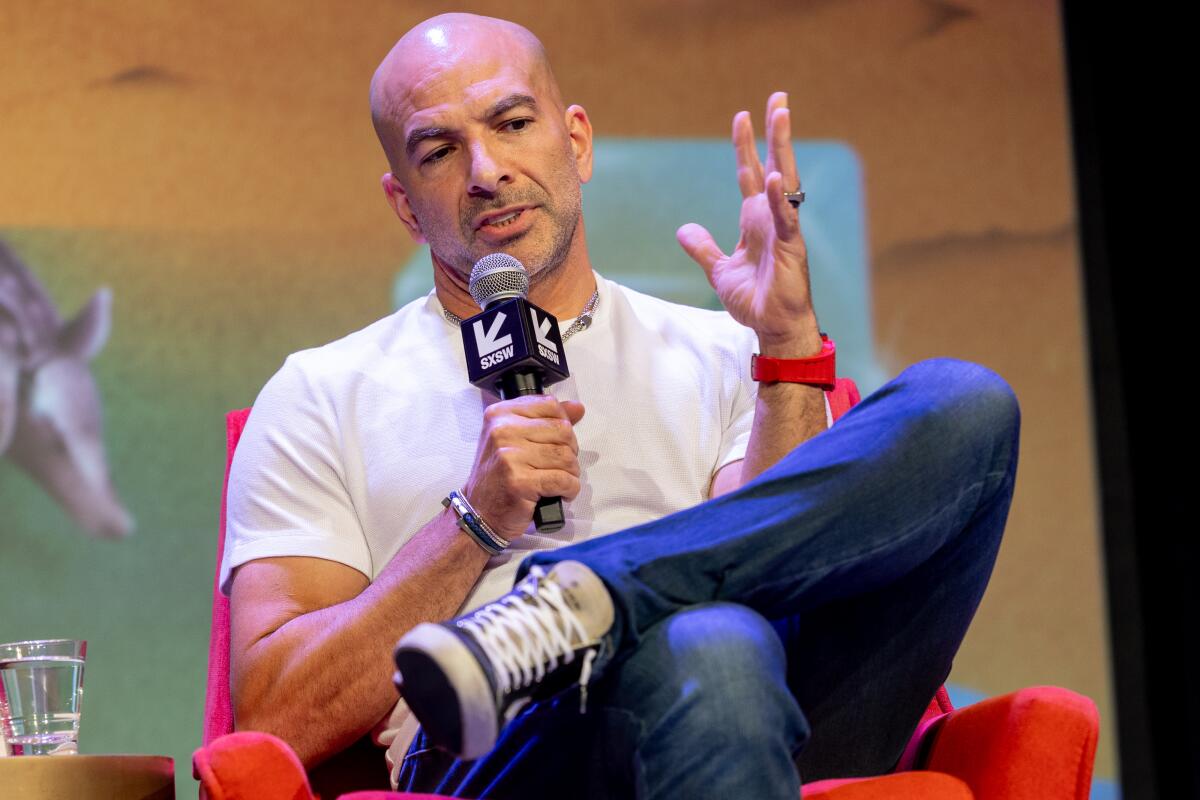Following the recent completion of a significant trade agreement between India and the United Kingdom, a diplomatic meeting took place between the King and Indian Prime Minister Narendra Modi. This interaction, seen as a gesture of mutual respect and strategic alignment, highlights the evolving nature of economic and political ties between the two nations, especially in the context of the newly formalized trade framework.
The encounter took place amid a backdrop of growing bilateral cooperation, as both countries seek to deepen their partnership across various sectors, including commerce, technology, climate initiatives, and security. With the trade pact now formally in place, the visit served to reinforce the shared commitment to a long-term economic relationship built on mutual benefit.
The commercial deal, which has been in discussion for numerous years, signifies a historic point in India-UK relations. It aims to lower or abolish tariffs on a wide array of products and services, simplify regulatory norms, and boost market entry for sectors on both sides. For the UK, this agreement forms part of a larger plan to enhance trade relations beyond the European Union, establishing its standing as a key trading nation in the post-Brexit context. For India, the deal brings increased opportunities for exports and broader access to capital, knowledge, and technology.
During their meeting, the King and Prime Minister Modi are believed to have discussed not only the trade deal’s implications but also broader topics of bilateral significance. These included sustainable development, educational exchange, cultural cooperation, and climate policy. The conversation likely touched on the importance of people-to-people ties, considering the significant Indian diaspora in the United Kingdom and the deep historical links between the two countries.
Although the King’s position in government is symbolic and non-partisan, his involvement in these gatherings frequently highlights the significance of diplomatic ties. The emblematic influence of royal participation, especially within international diplomatic settings, can improve public image and add importance to significant events such as this agreement.
Observers have noted that the timing of the meeting reflects a broader shift toward closer engagement between London and New Delhi. As global power dynamics continue to evolve, both countries are increasingly looking to one another as strategic partners in a multipolar world. The convergence of interests in areas like digital infrastructure, defense collaboration, renewable energy, and education makes the relationship both pragmatic and forward-looking.
In realistic terms, the fresh trade pact is anticipated to offer substantial prospects for companies and employees. Industries like automotive, pharmaceuticals, textiles, and financial services are expected to gain from fewer obstacles and more defined guidelines for international trade. Moreover, small and medium-sized enterprises in both nations may discover new opportunities for global growth due to the streamlined regulatory framework.
Besides the economic advantages, the agreement is seen as an initial move toward a more profound strategic collaboration. India and the UK both belong to significant international platforms like the G20 and Commonwealth, and have common values based on democracy, legal principles, and free-market systems. Enhancing bilateral relations might also help establish a more stable and robust global environment, especially amid increasing geopolitical unpredictability.
Prime Minister Modi, specifically, has highlighted the importance of commerce as a catalyst for progress and independence. The agreement supports India’s goals of establishing itself as a center for global production and innovation, inviting both investment and technology that can boost national advancement. For the UK, gaining entry to one of the quickest expanding significant economies worldwide is crucial as it expands its global trade relations.
Critics of the deal, however, have raised concerns over labor rights, environmental standards, and the potential impact on local industries. Ensuring that the benefits of the agreement are broadly shared will require careful implementation and ongoing dialogue between policymakers, industry leaders, and civil society groups.
As the details of the agreement begin to take shape, attention will now turn to how both governments manage its rollout. This includes updating domestic legislation, setting up bilateral oversight mechanisms, and engaging stakeholders to ensure smooth execution. It will also involve fostering business-to-business connections, promoting investment opportunities, and increasing public awareness of the new opportunities created by the trade framework.
The significance of the King’s encounter with Prime Minister Modi is immense. It represents a hopeful moment and a common goal during a period when international collaboration is frequently challenged. Additionally, it emphasizes that diplomacy and conversation remain crucial in molding the global framework.
In the upcoming months, the triumph of the trade agreement will be evaluated not just by export numbers or GDP increase but by the solidity of the relationship it aids in building. Greater cooperation in areas such as innovation, education, sustainability, and cultural interchange might become the real heritage of this arrangement.
For both nations, this is more than just a trade pact—it represents a renewed chapter in a long and complex relationship, one that looks to the future while acknowledging the past. As India and the UK take steps to strengthen their strategic alignment, their leaders’ willingness to engage at the highest levels lays a strong foundation for continued cooperation in a world that increasingly values trusted partnerships.





